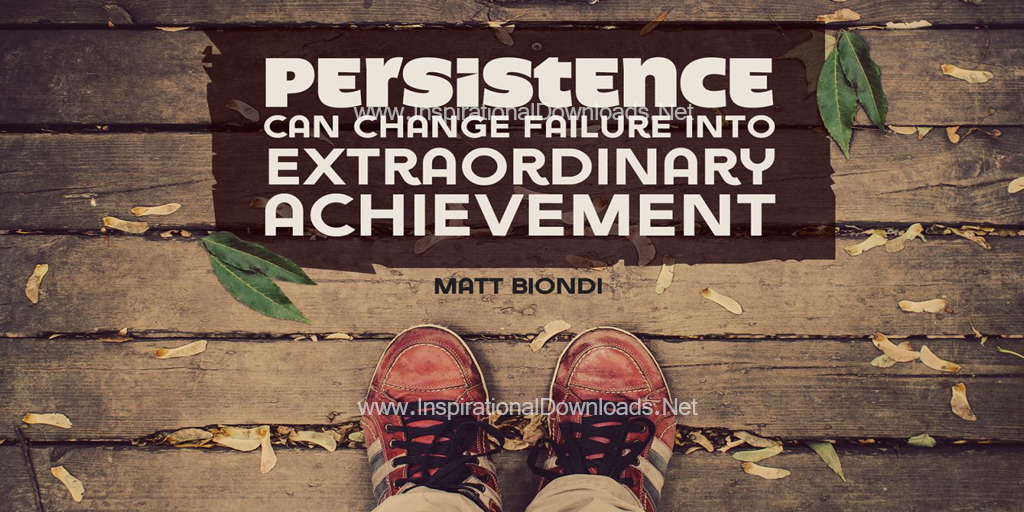To Parents Who Want to Help Their Children Appreciate Music
Are you a parent who’s concerned that your children may be missing out when it comes to music education? Budget cuts in arts programs at public schools could limit your child’s opportunities to play an instrument or learn about the great composers.

>> More about this image at Inspirational Posters
Help your child discover how music can enrich their life. Take a look at the benefits of raising a music lover, and find out how to share your love of music with your child.
Benefits of Music Education:
- 1. Enhance academic performance. Some studies have shown that kids who can play instruments receive higher SAT scores. Engaging with music involves math, science, and memory skills, as well as motor coordination.
2. Explore other cultures. Even if your knowledge of French is limited to Frere Jacques, you realize how rhymes make it easier to speak other languages. Music also provides a window into how others live around the world.
3. Promote teamwork. Bands and orchestras collaborate and resolve challenges. Each member waits their turn and respects the others’ contributions.
[wpgfxm_contentbox width=”90%” bg_color=”#F1F8FB” b_color=”#C1D2D9″ style=”solid” top=”1px” right=”none” bottom=”1px” left=”none” radius=”0px”]
And That This Thing, At Whatever Cost, Must Be Attained.”
– by Marie Curie –
More about this quote at
Inspirational Downloads
[/wpgfxm_contentbox]
4. Teach delayed gratification. Video games like Guitar Hero may be fun, but they don’t really teach you to play guitar. Kids who practice with a real instrument experience the rewards of perseverance.
5. Build confidence. Racking up tangible accomplishments boosts self-esteem. Performing before a live audience can also be an early lesson in leadership and presentation abilities.
Encouraging Your Child’s Music Appreciation:
- 1. Start early. Many experts think that the capacity for musical sensibility peaks between birth and age nine, so use age-appropriate methods. Your baby loves the sound of your voice, so chant while you rock them. Encourage your toddler to make noise with homemade shakers and drums.

Ad by www.Faithraiser.net
2. Sing together. Babies will often mimic any sound you make, while slightly older kids will enjoy silly songs. By the time they’re ready for elementary school, you can start introducing simple concepts like tempo and beat.
3. Share activities. Keep it interesting with crafts and outings. Draw pictures of instruments to color, and check neighborhood calendars for children’s performances.
4. Broaden their exposure. Drench your home in pleasant sounds. Play classical music and jazz on the radio. Offer sheet music and books.
Supporting Your Child’s Music Studies:
- 1. Talk with the teacher. Choose a music instructor with a warm personality who can describe their lesson plan in convincing detail. Ask them how you can assist your child, especially if you don’t know much about music yourself.
2. Attend classes. Your child might feel more comfortable if you go with them to classes at first. Try to observe closely without distracting them from listening to the teacher.
3. Praise effort. Let your child know you recognize their progress. Be specific about what they’re doing well, whether it’s practicing on a daily basis or playing an entire piece without hitting a single wrong note.

Ad by www.Faithraiser.net
4. Show enthusiasm. Show up for each performance that you possibly can. Give a big round of applause and take pictures for posterity. Help your child stay on track by engaging them in setting daily goals and figuring out activities of their own for holiday breaks and summer vacation.
5. Make it fun. Remember that the main purpose is to help your child enjoy music, so let them decide how far they want to go. Let them know you love them just as much if they want to trade in their piano lessons for horseback riding.
Make symphonies and pop songs part of your family activities. Increasing your child’s understanding of music will enhance their performance in many arenas, and give them a source of joy and relaxation they can count on throughout their lives.
Featured Personal Development Ebook:
Then, you likely drive 15 to 20 minutes to the closest gym. If you don’t have a gym that is near you, your commute time may be even longer. You may be spending more time getting to the gym and back home than working out.
Once you get there, if someone else is using your favorite equipment, you may waste 10 or more minutes waiting for it to be free.
With all things considered, the gym can be quite time-consuming, costly, and draining.
However, the gym isn’t your only option when it comes to staying in shape. Fitness doesn’t have to be an all-consuming activity that forces you to take time out of your day to rearrange your schedule. This guide will help with other options than the gym.
Incorporating fitness into your daily routines is the key. You get all the health benefits without the exercise feeling like a tedious chore. Making exercise a normal part of your day will change your outlook and allow you to enjoy being fit – maybe for the first time!
You will receive the file/s below (in one ZIP file) for your personal use:
+ MAIN EBOOK:
Beyond the Gym - Fitness Tips to Incorporate into Your Daily Life (59-page PDF)
+ WORKSHEET:
Beyond the Gym - Fitness Tips to Incorporate into Your Daily Life (5-page PDF)
+ CHECKLIST:
Beyond the Gym - Fitness Tips to Incorporate into Your Daily Life (2-page PDF)
+ BONUSES:
5 Ninja Skills That Can Help You Meditate (4-page PDF)
The-Annoying-Chipmunk-Fable (4-page PDF)





